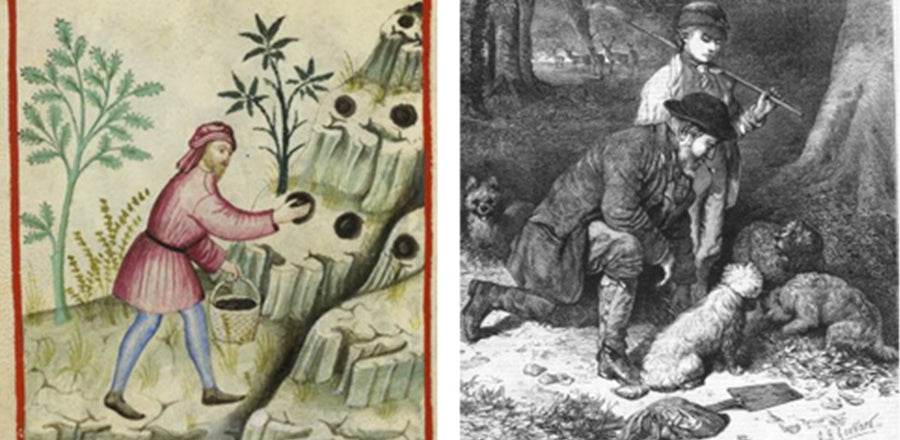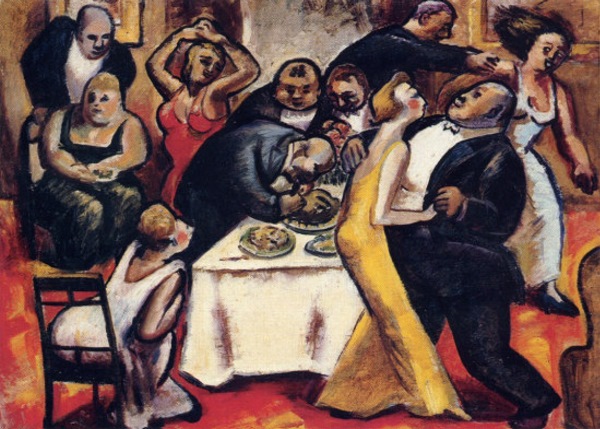The Ecstasy of the Crowd
How often have we heard someone boast of their “rugged individualism?” The term was coined by President Herbert Hoover, so it’s been around for a minute. The meaning is simple, “the one is preferable over the many.” Yet throughout a single twenty-four hour day, most of us end up going along with the crowd. Neurological science has long since proven what we learned in elementary school when the teacher said, “Class, get in line.”
We all have private moral behaviors that we apply to ourselves. Yet those personal standards can be easily overwhelmed when part of a mob. What we would consider abhorrent conduct and would not tolerate in ourselves, we could justify in the relative anonymity of a crowd. In our age of skepticism and technological high-mindedness, we humans still drink in the intoxicating power brought on by the mob.
This power surge is what Eugene Peterson (author of “The Message” and other books of theology), refers to as “the ecstasy of the crowd.” His reference is to something more primal and dangerous in our human psyche than any inspired emotion or a worshipful experience shared communally.
When you gather enough people who share a single-mindedness and feel they are threatened or wronged somehow by forces not aligned with their way of thinking, then what we might never do as an individual, we would justify doing in a crowd. You find yourself on the wrong political side, or a part of the wrong religion, or rooting for the wrong sports team, and just see how quickly the marshaled power of the mob can go from hostile railing to violent action.
I suggest we seek an ecstasy of a different kind…the ecstasy of loving one’s neighbor. I suggest we engage with our fragile and frightened society and create change by means of holiness. It begins with a change of heart, but the holiness of God can do just that. The holiness of God is more powerful than any institution, any human collective or rugged individual.










